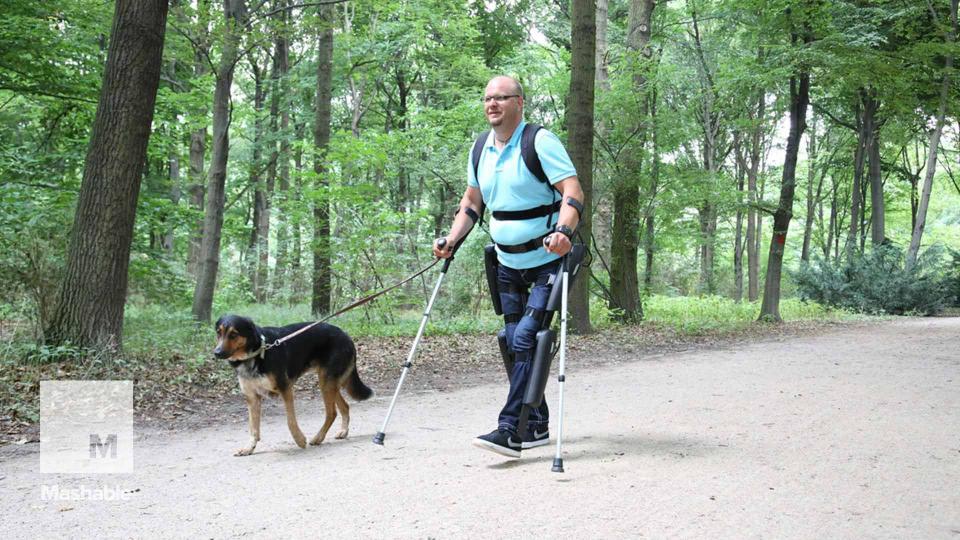RIP Ursula K. Le Guin, dreamer of the best dreams

Ursula K. Le Guin, who was arguably America's greatest living author (and one who hated getting pigeon-holed as a science-fiction or fantasy writer), died Monday at the age of 88, her son has announced.
The news set off a firestorm on Twitter — not the usual kind, thank goodness, but a sudden flurry of people debating which of Le Guin's works touches us the most deeply and remains the most relevant.
Usula K. LeGuin, one of the greats, has passed. Not just a science fiction writer; a literary icon. Godspeed into the galaxy.
— Stephen King (@StephenKing) January 23, 2018
Was it Wizard of Earthsea, the 1968 classic, and its five sequels, which showed the world how to write a wizard student's coming-of-age story decades before Harry Potter was a gleam in J.K. Rowling's eye? The Left Hand of Darkness (1969), a truly revolutionary novel about a race of aliens that changes gender at will, which holds up better than ever in 2018? The Dispossessed (1973), which featured the first ever anarchist utopia in fiction, decades before Occupy Wall Street was a thing?
No consensus was reached, and that was revealing in itself. Le Guin had a lot to tell us about ourselves — and even though her later books became a little preachy, every word of the sermon rang true.
She had the goods on humanity. As the daughter of two anthropologists, she had the receipts. It took a lot of books, and plenty of sci-fi/fantasy window dressing, to get it all out. By the end millions were crowded at her feet, listening intently to what seemed like slow, deep wisdom from a lost age.
Ursula Le Guin wrote maybe the most beautiful opening paragraph of any book I've ever read. It's from The Lathe of Heaven.
I have it bookmarked for when I forget how words work. I read it all the time. It's here. pic.twitter.com/8YCxXYLbC8— Ben Collins (@oneunderscore__) January 23, 2018
To my mind, Le Guin's best book was her deceptively slim novella The Lathe of Heaven (1971). It's yet another genius premise: a guy named George Orr (a homage to George Orwell) who can change reality, past as well as present, every time he dreams. George is naturally terrified of this power and tries to self-medicate his dreams away. But a greedy, smooth-talking therapist called Haber gets George to fix the universe according to Haber's plans.
The Lathe of Heaven was often seen as Le Guin's tribute to Philip K. Dick — another writer who liked to poke the boundaries of reality. (Amazingly, the two California kids attended Berkeley High School at the same time; even more amazingly, they never actually spoke in person).
But it also reveals plenty about Le Guin herself — who discovered at the age of 5 that she could change the world, and make new ones, entirely by manipulating words. It worked: Apart from writing stories that casually grandfathered Harry Potter and foretold Game of Thrones, she invented the ansible in 1966.
The ansible is a device that communicates instantly with other ansibles no matter where they are in the universe, creating a kind of cosmic internet. Scientists have recently started to prove that such long-distance instant communication is possible. Because she dreamed it, we already have a word for it.
Ursula K. Le Guin on the subversiveness of fantasy (from her book No Time to Spare): "It doesn't have to be the way it is. That is what fantasy says." pic.twitter.com/0ArgojFMJA
— priscilla page (@BBW_BFF) January 23, 2018
By the end of The Lathe of Heaven, Le Guin has destroyed and remade the world several times over. It's a trippy roller coaster ride worthy of big budget science fiction. But she's also dosed the reader with a strong sense of calm, a deeper understanding of humanity, an aversion to smarmy authority figures who want to bend reality to their will, and a healthy respect for the power of dreams.
In 2018, there's no lesson more urgent.
Ursula K Le Guin may be gone — but if we're smart, we'll be hearing her name and her ideas echo through the decades until gender-fluid astronauts are transporting ansibles to the farthest stars.
WATCH: This amazing exoskeleton is helping people with paralysis walk again


